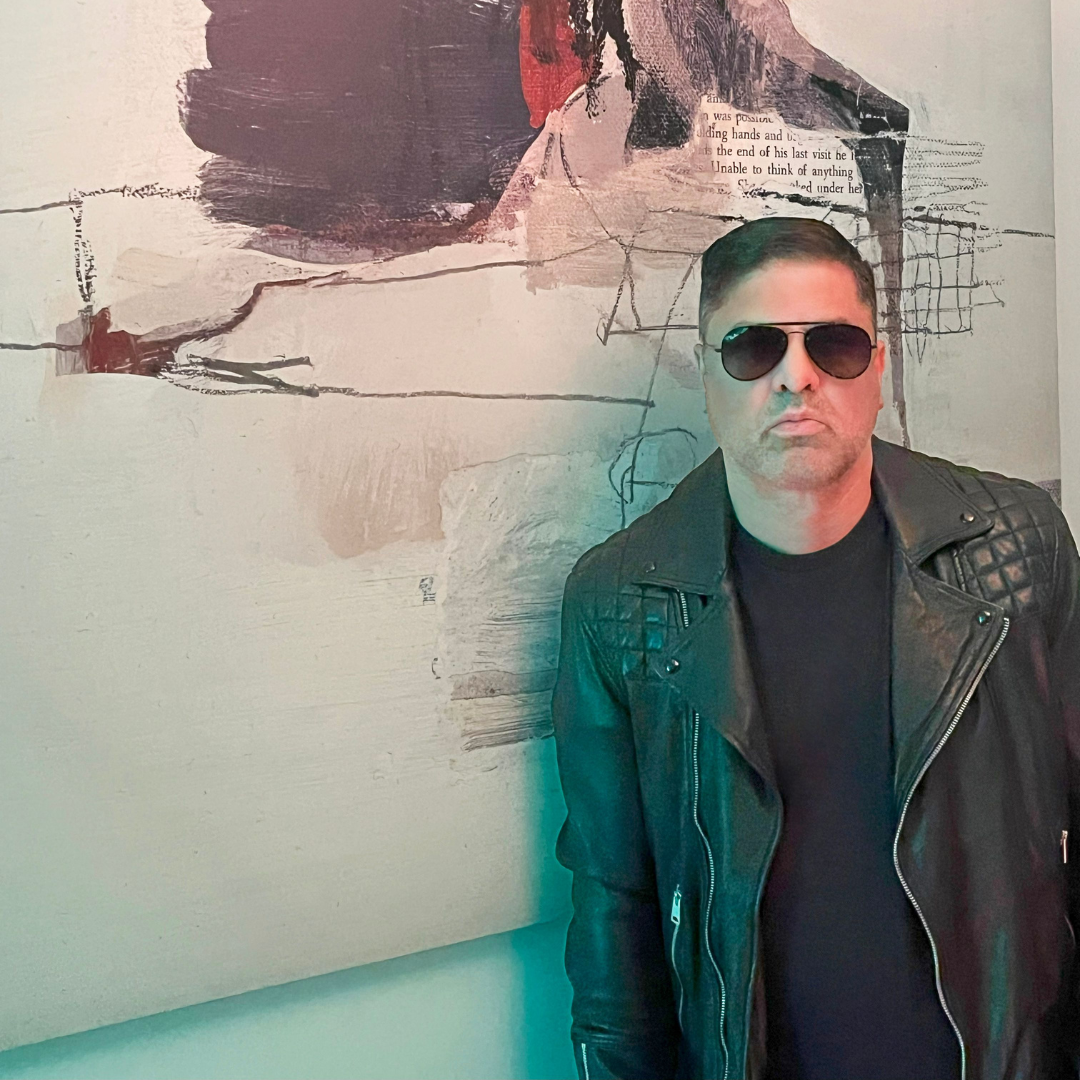For Tarric, the transition from Lovesick to his upcoming album Method isn’t just a sonic evolution — it’s a psychological one. His new single, “Don’t Leave It to Fate,” peels back the veneer of romantic fatalism that once defined his work and replaces it with something far more grounded: accountability.
When Tarric emerged with Lovesick, he leaned into a kind of heart-on-sleeve melancholia that paid homage to his musical forebears. The influence of bands like The Smiths and Depeche Mode was clear — yearning vocals, melodic synths, and lyrics steeped in emotional haze. But with this new release, he seems less interested in aesthetic nods and more concerned with building an ethos.
“Don’t Leave It to Fate” trades lush instrumentation for a tighter, more urgent composition. The sparseness is revealing. It frames the lyrics not as poetic confessionals, but as internal instructions — a dialogue with the self at a time when motivation feels scarce. The line “It rests in your hands / It always stays the same” doesn’t beg the listener to feel; it asks them to act.
Coming from an artist who once focused almost exclusively on the dynamics of personal relationships, the shift in tone is stark — and intentional. The pain is still there, but it’s no longer romanticized. It festers, it “wreaks,” as he puts it, unless addressed. In that way, Tarric is no longer just documenting emotions; he’s dissecting them.
It’s not the kind of track you fall in love with on first listen. It’s too self-aware for that. Instead, it sits with you, challenges you — a mirror rather than a companion. For fans who followed Tarric’s early work, this may feel like a departure. But for those attuned to the long game of artistic development, “Don’t Leave It to Fate” reads like a necessary next step. It’s a signal that Method won’t just chronicle heartbreak — it might teach us how to survive it.



